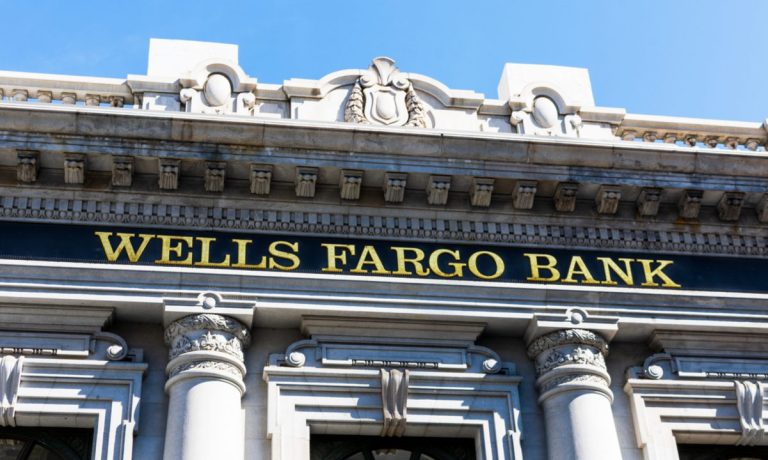Wells Fargo CEO: Regulators Restricting Corporate Lending Business

Wells Fargo CEO Charlie Scharf reportedly told investors Wednesday (May 29) that the bank could be doing more corporate lending and trading if regulators lifted the asset cap that they imposed on it.
Regulators put the $1.95 trillion asset cap on Wells Fargo as part of the fines and regulatory punishments that resulted from the bank’s fake account scandal, Reuters reported Wednesday.
Scharf said that Wells Fargo is fixing its problems but that the regulators will decide when to lift the asset cap, according to the report.
Some other restrictions on the bank were removed in February when the Office of the Comptroller of the Currency (OCC) terminated a 2016 consent order.
The consent order concerned deficiencies and unsafe or unsound practices in Wells Fargo’s risk management and sales practices, and required the bank to revamp how it sells products and services.
That was the sixth consent order affecting Wells Fargo that regulators terminated since 2019, and its termination confirmed that the bank has implemented what was required, Scharf said at the time in a press release.
“I have repeatedly said that implementing a risk and control framework appropriate for a bank of our size and complexity is our top priority, and closing consent orders is an important sign of our progress,” Scharf said.
In September, a judge approved a settlement in which Wells Fargo would pay $1 billion to settle an investor lawsuit tied to the unauthorized customer accounts scandal.
That settlement brought to $5 billion the amount Wells Fargo agreed to pay in connection with its “fake account” scandal.
A spokesperson for Wells Fargo said in a statement: “This agreement resolves a consolidated securities class action lawsuit involving the company and several former executives and a director, who have not been with the company for several years. While we disagree with the allegations in this case, we are pleased to have resolved this matter.”
Wells Fargo was fined by the OCC, the Consumer Financial Protection Bureau (CFPB), and the City and County of Los Angeles in September 2016, with the CFPB saying that its sanctions of the bank were for the “widespread illegal practice of secretly opening unauthorized deposit and credit card accounts.”
For all PYMNTS B2B coverage, subscribe to the daily B2B Newsletter.